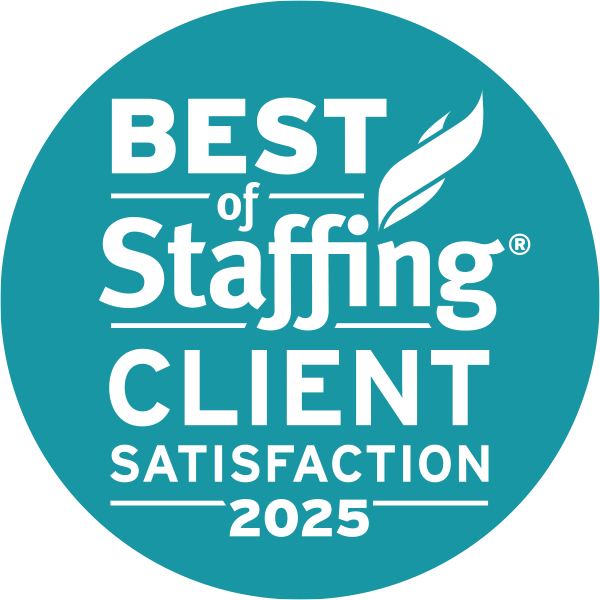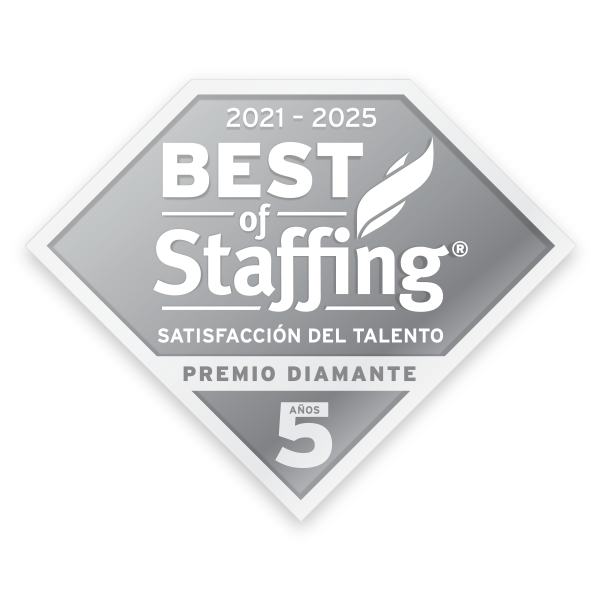So you have landed the interview you wanted, and now you want to prepare yourself so you can walk in confidently and prove why you are the right search marketing professional for the job. Currently the search marketing industry is very candidate driven as a result of the national shortage of search marketing professionals. That said, companies are remaining very selective about who they hire. Most companies have established very specific requirements for their search marketing professionals, and you must be prepared for your interview.
Every interview will be different, but by following these preparation tips you will be in better shape to march into your interview ready to take on the world.
1. Company Research
The first thing you should always start with when preparing for any interview is visiting the company’s website. You need to have a good feel for what the company does, their business model, their mission statement, and anything else you can find out about their business.
Once you have drained every bit of information from a company’s website, start pulling it apart. If you are going in to interview for a search marketing position, you should expect they are going to ask your opinion on how they can improve their existing strategy.
Analyze their website:
-
Look for strengths/weaknesses
-
Analyze their sites architecture
-
Look at their coding
-
Check their inbound links
-
Look at both natural and paid search results
-
Compare them to their competitors.
2. Interview Question Basics
How you answer each question will tell the interviewer a lot about your personality. This is why it is important to remember the basic principles of answering questions in an interview as you research and prepare.
It is ok to:
-
Take a moment to gather your thoughts before answering a question.
-
You were just asked “what do you think of Jason Gambert’s attempt to trademark SEO?”
-
Instead of immediately bursting into a rant, take a second to gather your thoughts so you can intelligently explain your perspective.
-
-
Admit you don’t know the answer
-
If your asked when was Google founded, and you have no idea, admit you don’t know.
-
If you can make an educated guess, let the interviewer know you are unsure, but you think it was September 7, 1998.
-
-
Ask the interviewer to repeat the question
-
“I’m sorry can you repeat that?”
-
It is not ok to:
-
Lie
-
You may be able to fool your interviewer with little lies that make you look better, but it won’t last long, as soon as you’re discovered, its over.
-
If its an easy question to lie about, don’t be surprised to be hit with a follow-up question that catches you
-
-
Give a long-winded unrelated answer
-
Don’t beat around the bush if you don’t know the answer, just tell them what you know so you can move on to the next question
-
-
Make filler noises as you try to come up with an answer
-
Ummm, ehhhh, ahhh, hmmm, errr, humph, uhhh…shush…just answer the question
-
3. Tell a Story About Yourself
Each question an interviewer asks is intended to get you talking about yourself, so they can learn more about you. Make sure you are taking advantage of that opportunity. They want to hear about specific experiences, so you should always strive to complement your answers with details or examples that illustrate the point you are making. By telling them a story of how you overcame an obstacle and accomplished your goal, they will have a good feel for how you handle yourself. If you have trouble developing your experiences into full stories, try using the STAR method.
Situation, Task, Action, Result
Example:
-
Situation
-
We weren’t getting enough traffic to our website
-
-
Task
-
To improve the quality of our PPC campaign to increase CTR, and conversions
-
-
Action
-
Wrote new ad copy, raised bids, and monitored campaign
-
-
Result
-
Traffic increased 25%, and conversions increased 47%
-
If you can convert your experiences into a story using the STAR method, you will likely be covering all the relevant information about each experience with your interviewer.
By the time you walk into the interview, your goal should be to know their website better than they do. It will show them your interest in the position and the potential value you could bring to their team
4. Experience
The most important thing you can talk about in an interview is your experience. Companies will want to know how you contributed to previous search campaigns and how you provided value to your previous employers.
Depending on the job you are interviewing for be ready to discuss various areas of search marketing: SEO, PPC, Social Media, Blogging/Copywriting, Web Analytics, and Web Development/Web Design.
For each area you claim experience in be prepared to talk about:
-
Projects you have worked on
-
Tools/programs you have used
-
Processes that have worked for you
-
Issues/obstacles that may have arisen
-
Results achieved
Additionally for each area of search marketing you should be ready to talk about more specific experiences:
Search Engine Optimization (SEO):
-
What ranks you have achieved with previous sites
-
Size of websites you have worked on
-
Time constraints you have work under
-
An example of your work
Pay Per Click (PPC):
-
Campaign metrics – Budget Size, # of keywords, CTR, conversion rates, ROI
-
Who wrote the ad copy?
-
Before and After results if you didn’t create the campaign
Social Media:
-
Social media networks you use (facebook, digg, stumble, linkedin)
-
The value you see in a social media strategy
-
Unusual application of social media
Blogging/Copywriting:
-
Be ready with writing samples
-
Provide any articles you wrote that were successful “linkbait”
-
Blogs you like and read regularly
Web Analytics:
-
How you interpret data and what metrics you are most concerned with
-
Even though said before, the tools/program you’ve used are very important here
Web Design/Development:
-
Websites you have worked on
-
Computer languages you are familiar with
Although you lived through these experiences, trying to draw on your memory when you are on the spot can be difficult. Analyzing what you have done prior to an interview will prevent you from running out of things to say. It is always helpful to line up experiences you want to talk about which could be applied to various possible questions.
That’s it for Part 1, check back next week for Part 2 where we’ll discuss preparing for questions about your thoughts and opinions and handling onsite assessments and testing.







